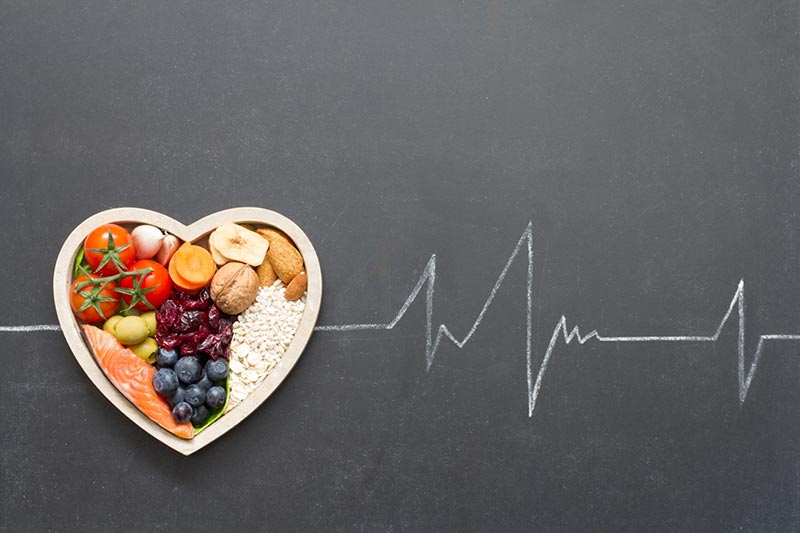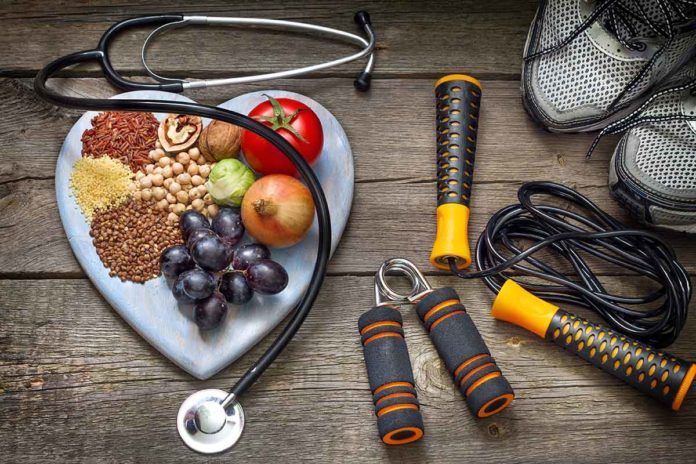Understand the subtle connection between lifestyle and health, as Ruqaiya Al Balushi, PhD, a Clinical Dietician at the Ministry of Health and a visiting consultant at the Nutrition and Food department at Sultan Qaboos University, provides her perspective on the myriad facets of health and being disease free, in the following e-interview
How would you describe health – is it merely the absence of diseases?
Different people look and describe health from different perspectives. Health should be seen more than the absence of disease. The WHO gave us a clear and simple definition of heath: ‘It is a state of complete physical, mental and social well-being and not merely the absence of disease or infirmity.’
Is health also about strengthening ones immunity against common diseases as well as chronic lifestyle related ailments?
The immune system is our natural defence system. It is made up of a number of cells, tissues and organs that protects our body against bacteria, viruses, fungus, etc. So, if we have a strong immune system, the possibility to get an infection is less than if we have a weak immune system. We can keep our immune system strong by following a healthy lifestyle. These include:
- Not smoking
- Eating a diet high in fruits and vegetables and whole grains, and low in saturated fat
- Regular exercise
- Maintaining a healthy body weight
- Getting adequate sleep
Diet and lifestyle have been blamed for a variety of diseases, including cardiovascular and cancer. What are the factors that make one vulnerable to such chronic diseases?

This is absolutely true. Poor lifestyle such as unhealthy diet, smoking, overconsumption of alcohol, lack of physical activity are main contributors in increasing the rate of obesity, and thus, the development of chronic diseases such as diabetes, hypertension, cardiovascular diseases and cancer. Despite an understanding of the benefits of following a healthy lifestyle, many people lack the behavioural skills they need to apply every day to sustain these good habits. The good news is that healthy lifestyle modifications are possible with proper interventions such as dietary counselling, exercise and stress management techniques to improve outcomes in people who are at risk of developing chronic diseases or those who already have any type of chronic diseases.
What is the impact of diet and lifestyle on health and wellness?
Our food choices today will affect our health today, tomorrow and the future. We are what we eat. Good diet is an important part of leading a healthy lifestyle. A healthy diet, combined with physical activity, can help you reach and maintain a healthy weight and thus reduce your risk of chronic diseases (such as diabetes, hypertension and heart diseases), and promote your overall health and wellness. By making smart food choices, you can help protect yourself from these health problems.
How much physical activity does a person need to follow to stay healthy?
The Dietary Guidelines for Americans recommend the following for adults:
To reduce the risk of chronic diseases in adulthood:
Engage in at least 30 minutes of moderate-intensity physical activity, above usual activity, at work or home on most days of the week.
To help manage weight and prevent gradual, unhealthy weight gain in adulthood:
Engage in approximately 60 minutes of moderate to vigorous-intensity activity on most days of the week while not exceeding caloric intake requirements.
To sustain weight loss in adulthood:
Participate in at least 60 to 90 minutes of daily moderate to vigorous-intensity physical activity while not exceeding caloric intake requirements.
Please note that some may need to consult their Physician before participating in physical activity.
What are some of the diet dos and don’ts one needs to follow to be healthy?
There are many dos and don’ts to follow to be healthy and we should put in mind that the ‘one-size fits all’ is no more accepted nowadays. We are individualised in terms of our requirements and needs for nutrition. But here are general guidelines that we all can follow:
Do cut down on highly processed foods and increase consumption of fresh and home cooked food. It is important to reduce, not necessarily eliminate, the consumption of processed foods that are high in chemicals, preservative sugar and trans fats.
Do eat plenty of vegetables. They are low in calories but high in fibre, keeping you feeling fuller for longer. Plus, they are full with antioxidants, which can help to boost your immunity, as well as keep your energy levels up.
Do drink plenty of water throughout your day. It is recommended to drink about two-three litres, every day. This amount varies depending on activity level and climate.
Don’t skip breakfast: start your day with a healthy breakfast that contains all the necessary food groups.
Don’t eat much red meat. Reduce your consumption of red meat and Choose instead lean protein sources such as chicken, and fish instead.
Don’t go grocery shop hungry. You will be tempted to buy more than you need and will buy unhealthiest choices.



